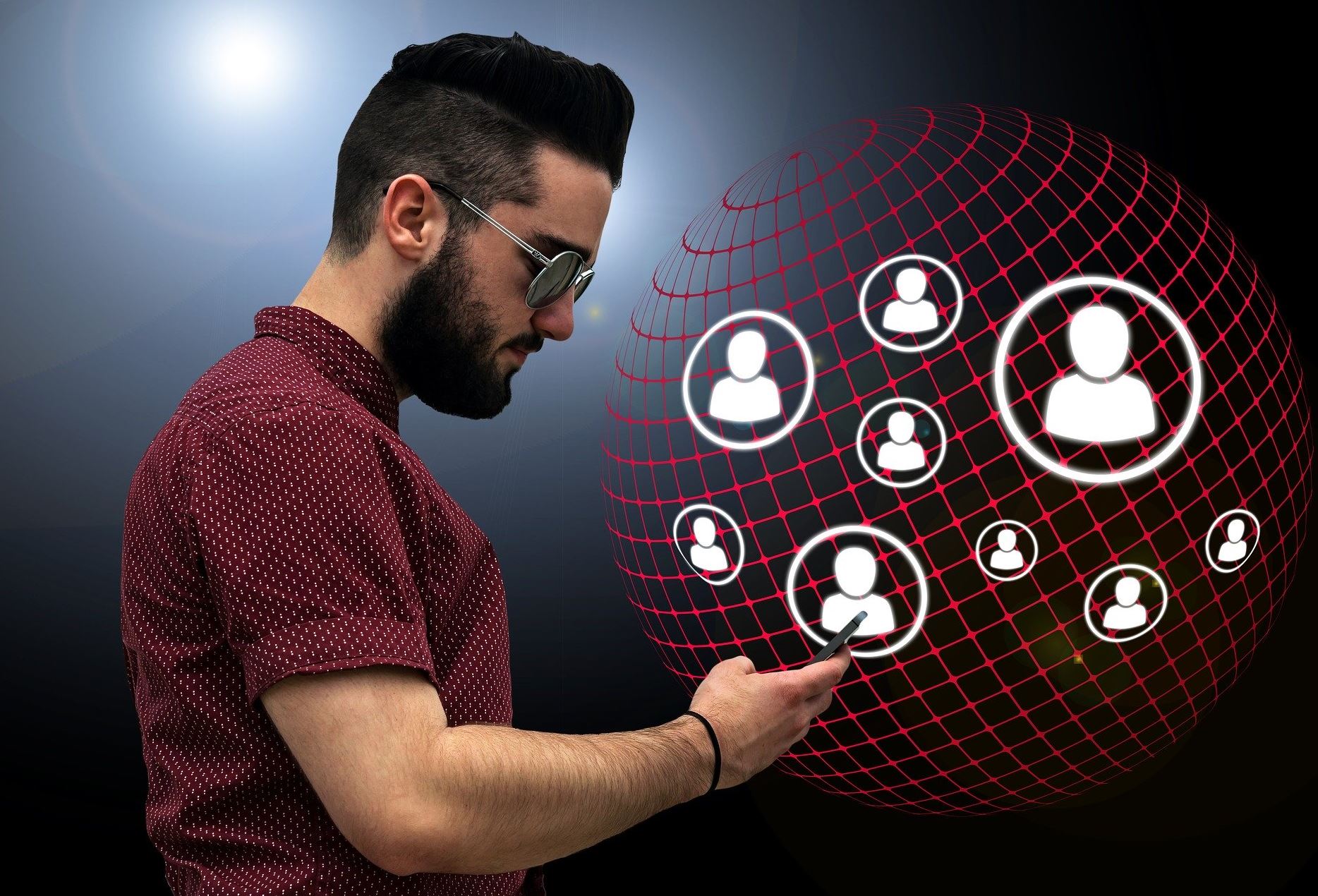
Interactive technologies will play a key role in combating loneliness and isolation and maintaining general wellbeing during the coronavirus community lockdown.
Loneliness and isolation will quietly become a problem as quarantine measures increase, says Associate Professor Belinda Lange, technology research lead for Flinders University’s Caring Futures Institute.
Associate Professor Lange, a physiotherapist and College of Nursing and Health Sciences lecturer, is an international expert on virtual reality and game-based exercise and rehabilitation.
She says technologies that facilitate visible contact such as video conferencing and chat tools can provide comfort to family members who may be concerned about loved ones who are living in physical isolation, enabling them to maintain social connection without risk of exposure to the virus.
“Besides the standard video and chat tools, the immersive and interactive medium of virtual reality also provides opportunities for people to meet and congregate virtually while maintaining social distance,” Associate Professor Lange says.
“Using a monitor, phone or more sophisticated headset there is a wide range of virtual reality content and experiences available.
“Multi-player video gaming and shared virtual environments like Oculus TV, Mozilla Hubs and Bigscreen where you can watch TV shows, attend the cinema and live events with friends in a virtual environment will help people to maintain social contact and a sense of community during a forced lockdown.”
In addition to mental health and wellbeing, technology will have a role to play in reducing the need for person-to-person interactions with health services.

“The opportunities that we have with telehealth and digital health assessments can serve to achieve the goal of slowing the rate of infection and supporting the community as a whole,” she says.
The well-established SA Digital Telehealth Network has provided technology for clinicians and patients to communicate since 2012.
Expanded access to telehealth is vital to contain COVID-19 and to protect the health of frontline doctors and their patients, according to Australian Medical Association President Dr Tony Bartone.
“The Government is committed to further changes to Medicare to support a comprehensive telehealth model of care, and this includes finalising the detail of further telehealth operations via phone and video by the end of this week,” Dr Bartone says
“This commitment will see the Government co-design the best practice expansion of telehealth items for all patients, with or without COVID-19, to see any GP or other medical specialist during the COVID-19 health emergency.”
In South Australia, the network supports more than 400 video conferencing units in metropolitan and country health sites and is being used to deliver a range of health services such as mental health, oncology, neurology, after-hours clinical support and state-wide clinical collaboration in local and regional health networks.
Digital health, encompassing a broad range of technologies, has long been a focus for the World Health Organisation (WHO) which released a set of guidelines in 2019 on ways that countries can use digital health technology to improve higher standards of health and access services to promote and protect health and wellbeing.

